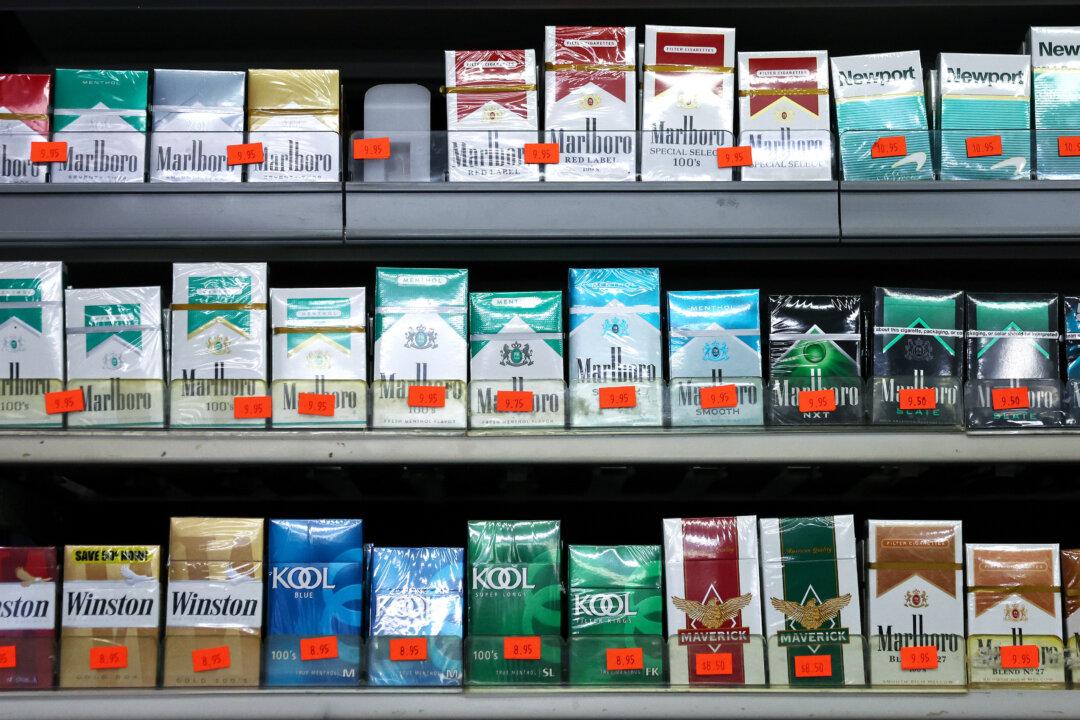The Biden administration announced a further delay on an expected ban of menthol cigarettes after considering the costs and benefits of addressing health concerns and the apparent appeasement of black voters in an election year.
“This rule has garnered historic attention, and the public comment period has yielded an immense amount of feedback, including from various elements of the civil rights and criminal justice movement,” said U.S. Department of Health and Human Services Secretary Xavier Becerra in an April 26 statement. “It’s clear that there are still more conversations to have, and that will take significantly more time.”





